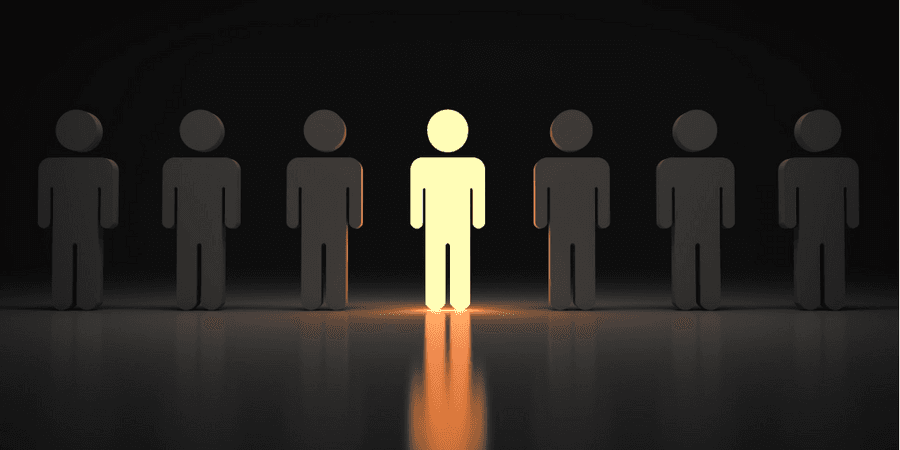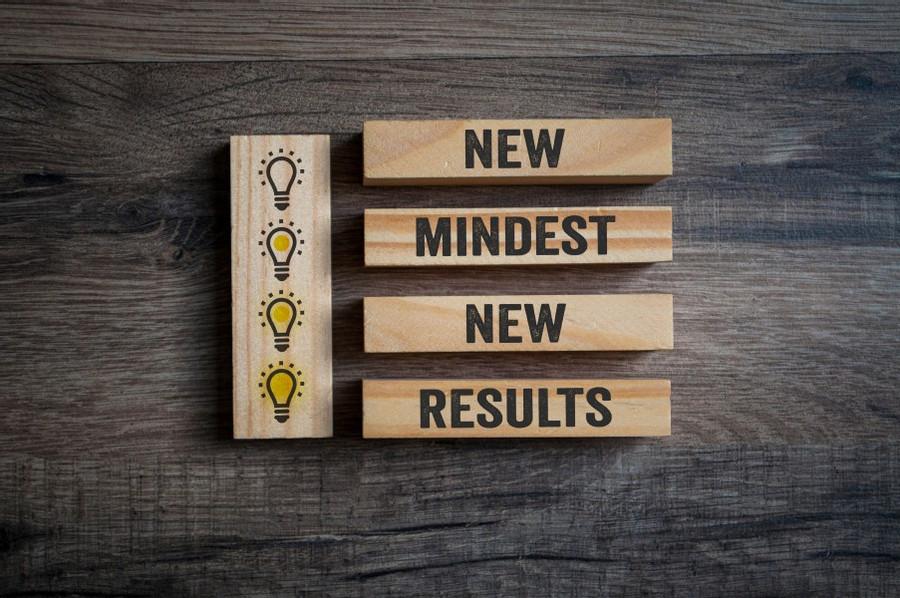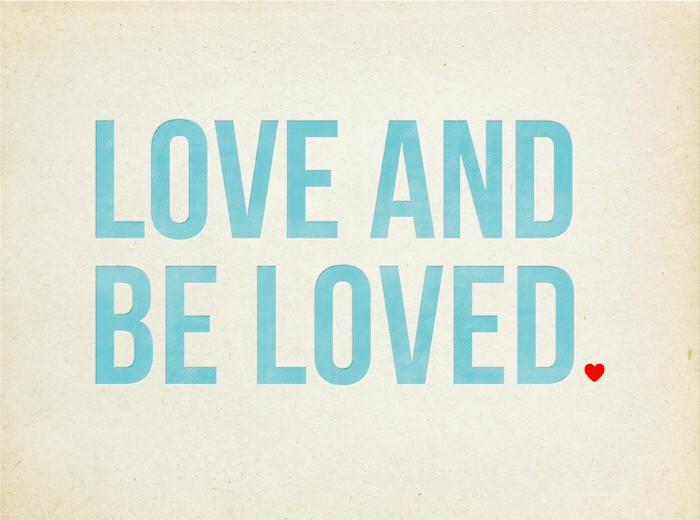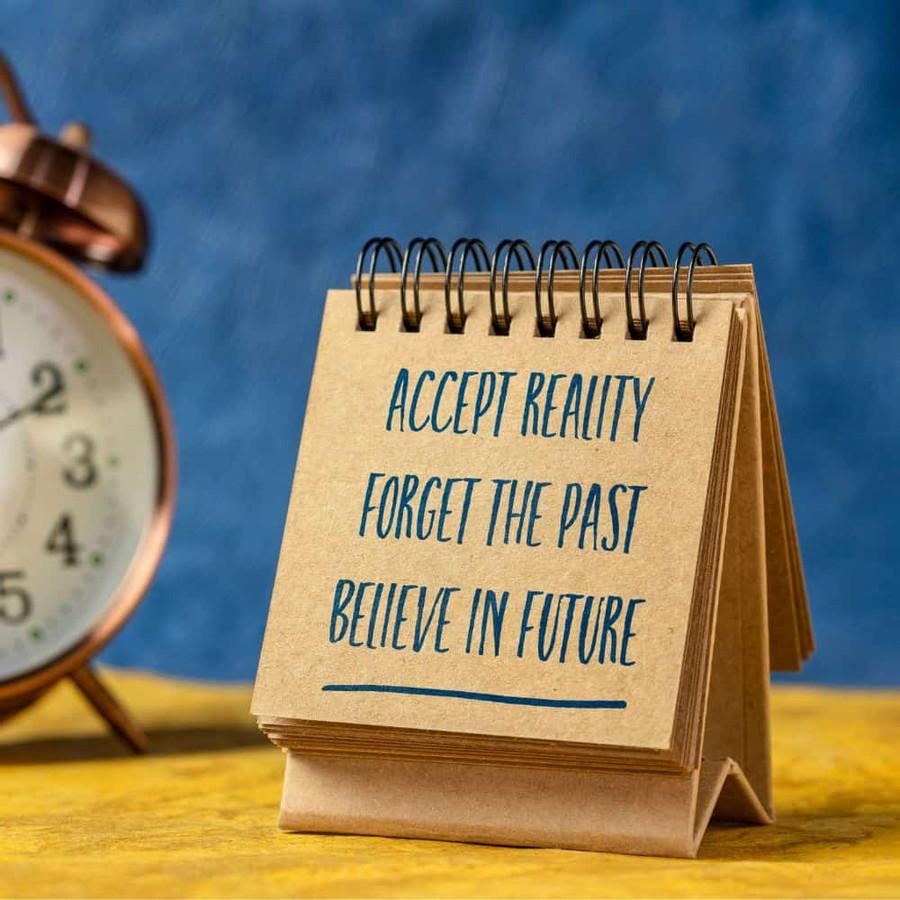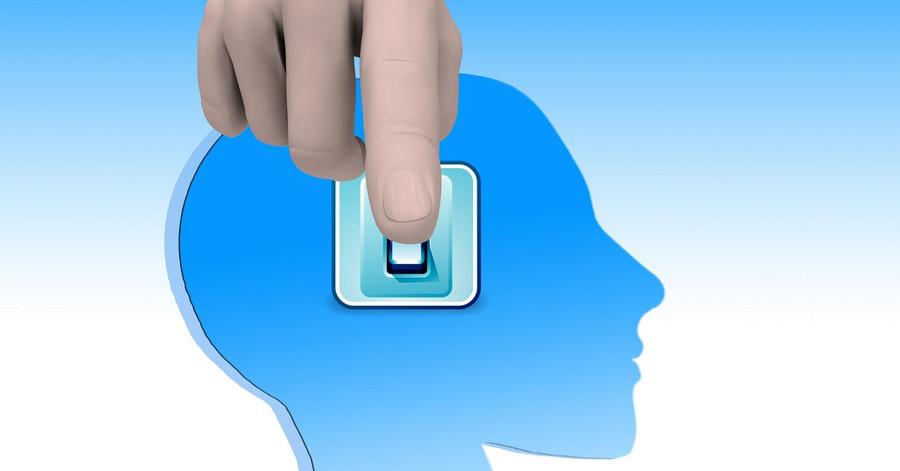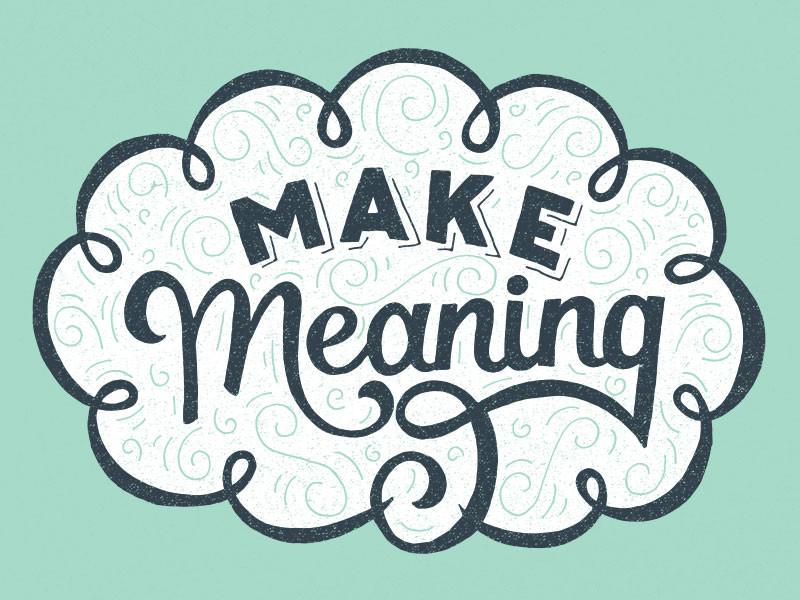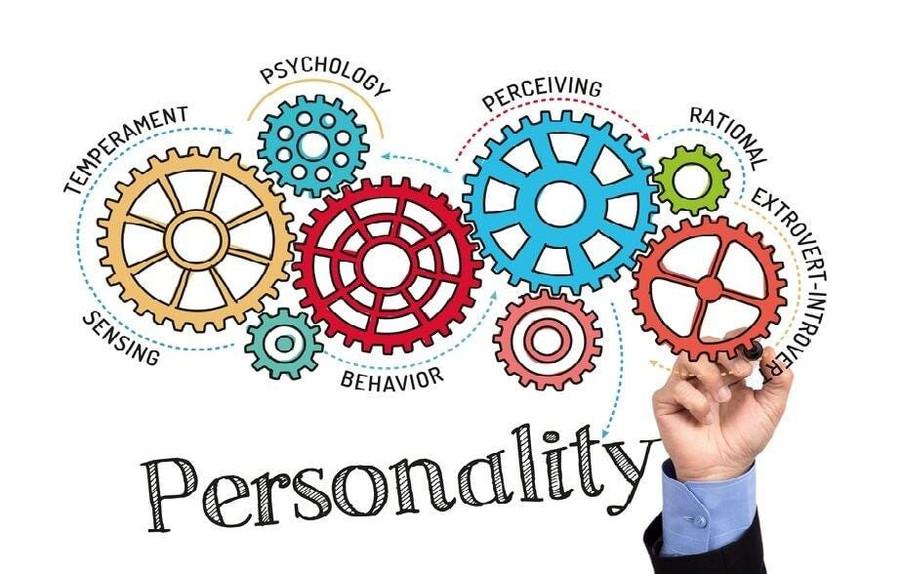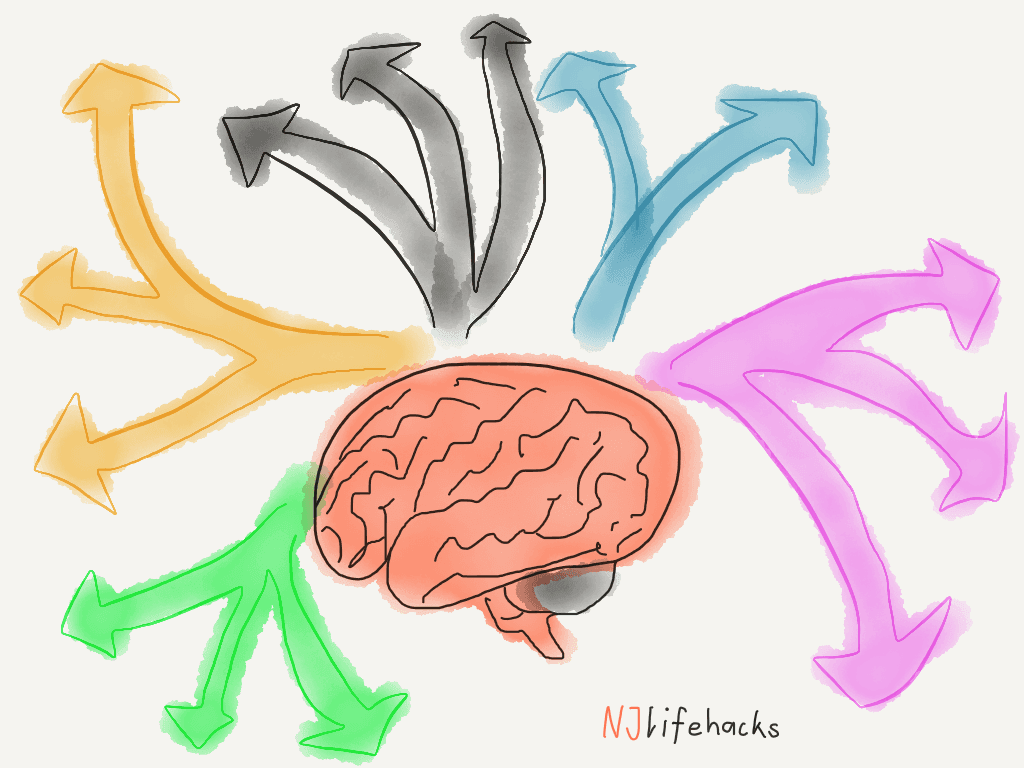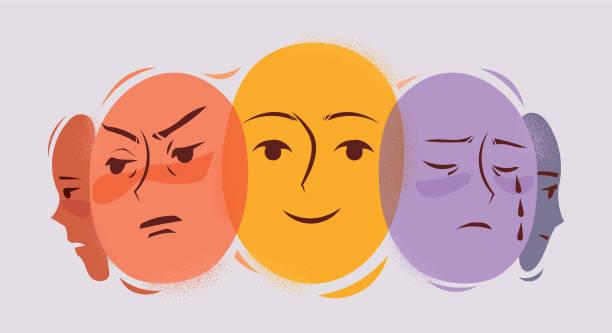10 Tips for Emotional Healing
Curated from: psychologytoday.com
Ideas, facts & insights covering these topics:
11 ideas
·10.2K reads
72
1
Explore the World's Best Ideas
Join today and uncover 100+ curated journeys from 50+ topics. Unlock access to our mobile app with extensive features.
1. Be yourself
You must be yourself. This means asking for what you want, setting boundaries, having your own beliefs and opinions, standing up for your values, wearing the clothes you want to wear, eating the food you want to eat, saying the things you want to say, and in a hundred other ways being you and not somebody small or false.
139
1.4K reads
2. Invent yourself
You come with attributes, capacities and proclivities and you are molded in a certain environment. But at some point you must say, “Okay, this is what is original to me and this is how I have been formed but now who do I want to be?” You reduce your emotional distress by deciding to become a person who will experience less emotional distress: a calmer person, a less critical person, a less egoistic person, a more productive person, a less self-abusive person, and so on.
137
1.15K reads
3. Love and be loved
Part of our nature requires solitude, alone time, and a substantial rugged individualism. But this isn’t the whole story of our nature. We feel happier, warmer and better, live longer, and experience life as more meaningful if we love and let ourselves be loved. We must be individuals (see tips 1 and 2) but we must also relate. To do both, to both be ourselves and relate, requires that we acknowledge the reality of others, include others in our plans, not only speak but listen, and makes ourselves fit by eliminating our more egregious faults and by growing up.
122
1.02K reads
4. Get a grip on your mind
Nothing causes more emotional distress than the thoughts we think. We must do a better job than we usually do of identifying the thoughts that don’t serve us, disputing them and demanding that they go away, and substituting more useful thoughts. Thinking thoughts that do not serve you is the equivalent of serving yourself up emotional distress. Only you can get a grip on your own mind; if you won’t do that work, you will live in distress.
126
991 reads
5. Forget the past
We are not so completely in control of our being that we can prevent past sore points from returning. They have a way of pestering us as anxious sweats, nightmares, sudden sadness, and waves of anger or defeat. But we can nevertheless try to exorcise the past by not playing along with our human tendency to wallow there. We must tell ourselves to move on and mean it. If you have a secret attachment to misery, you will feel miserable. As best you can, imperfectly but with real energy, let go of the past and forget the past.
124
880 reads
6. Flip the anxiety switch off
Rampant anxiety ruins our equilibrium, colors our mood, and makes all the already hard tasks of living that much harder. There are many anxiety management strategies you might want to try—breathing techniques, cognitive techniques, relaxation techniques, and so on—but what will make all the difference is if you can locate that “inner switch” that controls your anxious nature and, deciding that you prefer to live more calmly. No longer over-dramatize, that you will no longer catastrophize, that you will no longer live a fearful life or create unnecessary anxiety for yourself.
123
827 reads
7. Make meaning
Meaning is nothing more arcane than a certain sort of subjective psychological experience. We can have much more meaning in our life if we stop looking for it, as if it were lost or as if someone else knew more about it than we did, and realize that it is in our power to influence meaning and even make it. By making daily meaning investments and by seizing daily meaning opportunities we hold meaning crises at bay and experience life as meaningful. Meaning problems produce severe emotional distress and learning the art of value-based meaning-making dramatically reduces that distress.
119
774 reads
8. Let meaning trump mood
You can decide that the meaning you make is more important to you than the mood you find yourself in. You start each day by announcing to yourself exactly how you intend to make meaning on that day, how you intend to deal with routine chores and tasks, how you intend to relax—how, in short, you mean to spend your day—and you consider all of that, the rich and the mundane alike, as the project of your life, one that you are living with grace and in good spirits. You reduce your emotional distress by checking in more on your intentions and less on your mood.
121
733 reads
9. Upgrade your personality
You may not be the person you would like to be. You may be angrier than you would like to be, more impulsive, more scattered, more self-sabotaging, more undisciplined, more frightened. If so, you require a personality upgrade, which of course only you can supply. You choose a feature of your personality you would like to upgrade and then you ask yourself, what thoughts align with this intention and what actions align with this intention? Then you think the appropriate thoughts and take the necessary action. In this way, you become the person capable of reducing your emotional distress.
131
720 reads
10. Deal with circumstances
Circumstances matter. Our economic circumstances matter; our relationships matter; our work conditions matter; our health matters; whether our nation is at peace or occupied by invaders matters. Many circumstances are completely out of our control and many are within our control. We can change jobs or careers, we can divorce, we can reduce our calorie intake, we can stand up or keep quiet, we can do exactly as much as we can do to improve our circumstances. As a result of those improvements, we feel emotionally better. Emotional healing requires that you take real action in the real world.
124
704 reads
Quote
“Emotion is created by a cause, whether that cause is factual or imaginary does not matter, as longer as the believer holds it as true.”
― Bangambiki Habyarimana, Pearls Of Eternity
131
1.02K reads
IDEAS CURATED BY
CURATOR'S NOTE
Tips for Emotional Healing 10
“
Tom Joad's ideas are part of this journey:
Learn more about mentalhealth with this collection
How to find common interests
How to be a good listener
How to overcome social anxiety
Related collections
Similar ideas
5 ideas
How to Handle Other People's Bad Moods Like a Pro
nickwignall.com
4 ideas
How Anxiety Affects Our Buying Behaviors
psychologytoday.com
12 ideas
Read & Learn
20x Faster
without
deepstash
with
deepstash
with
deepstash
Personalized microlearning
—
100+ Learning Journeys
—
Access to 200,000+ ideas
—
Access to the mobile app
—
Unlimited idea saving
—
—
Unlimited history
—
—
Unlimited listening to ideas
—
—
Downloading & offline access
—
—
Supercharge your mind with one idea per day
Enter your email and spend 1 minute every day to learn something new.
I agree to receive email updates

